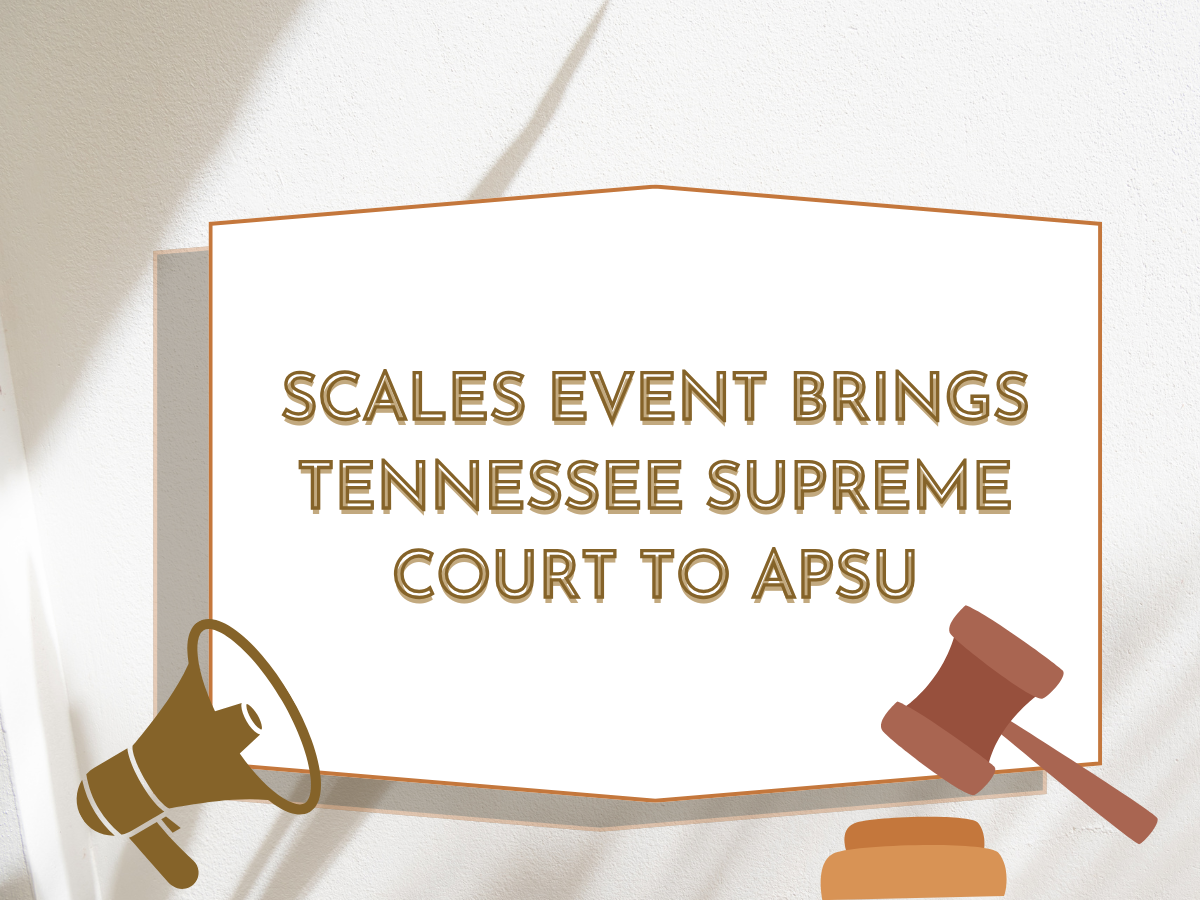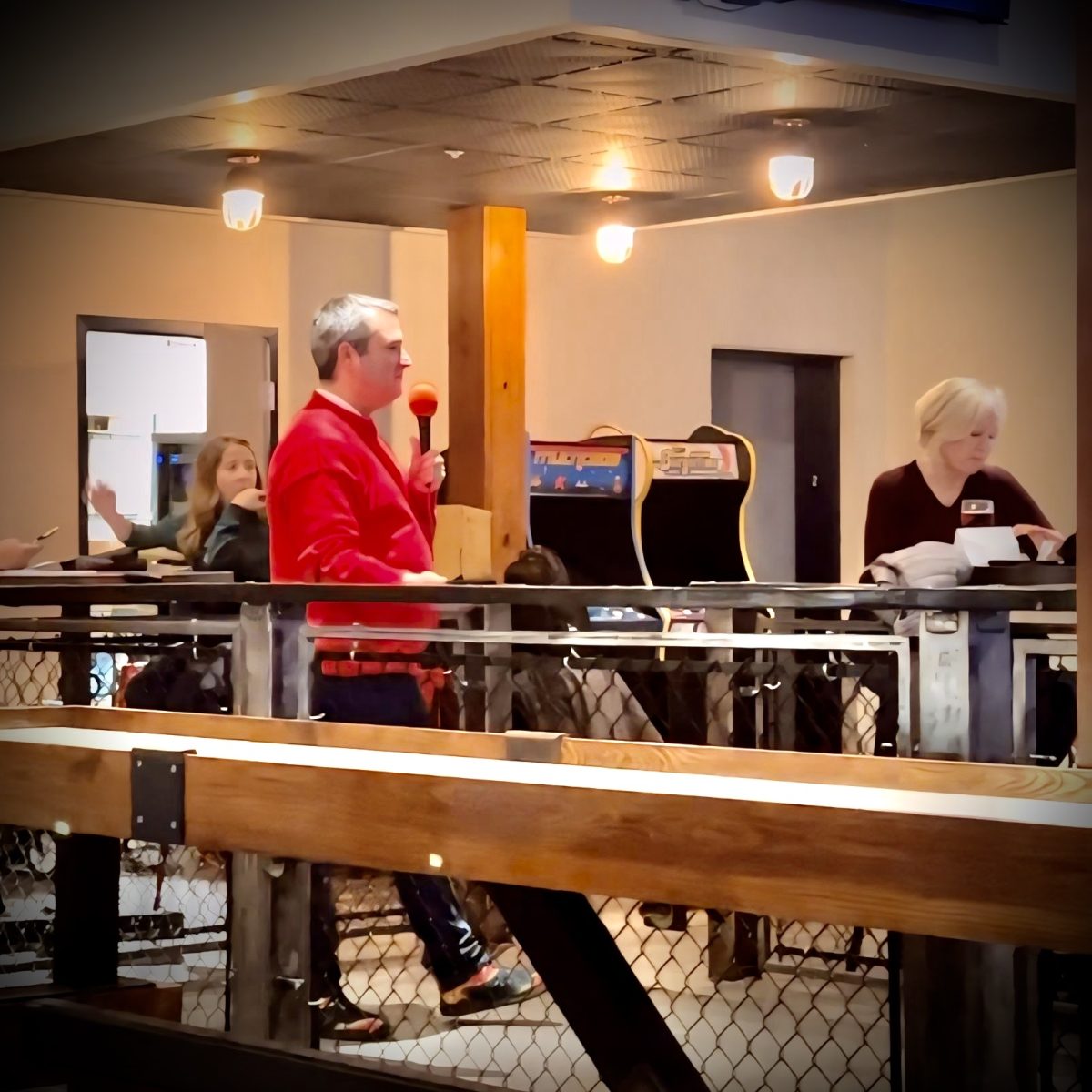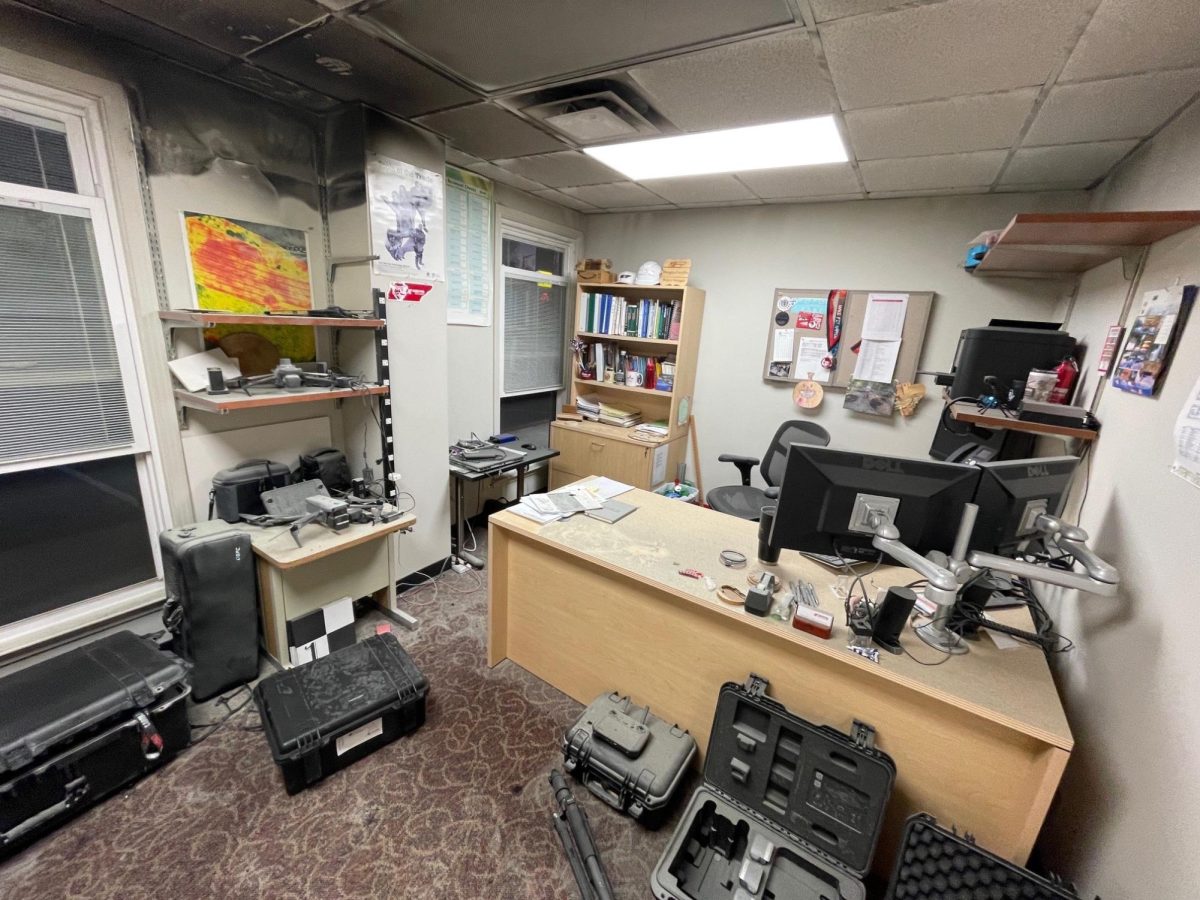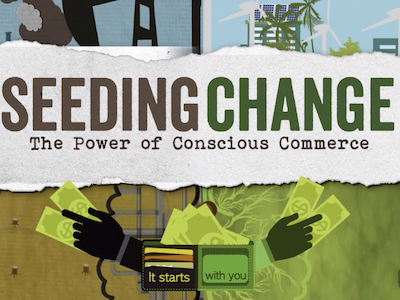People are often skeptical or disinterested in voting. Confusion and frustrations surround the voting process leaving huge gaps in civic participation.
Challenges are still imminent in American’s attitudes with civic engagement. Michele Davis, a junior majoring in public relations, expressed her dissatisfaction with voting noting how policies and politicians do not solve everyone’s problems and minorities face underrepresentation in the process.
“This division leads to a power imbalance and disadvantage to resources to vote,” Davis said.
The United States Election Project reported that in the 2016 Presidential Election, only 51% of Tennesseans in the voting eligible population cast their ballot [United State Election Project, September 2018].
Tennessee legislation has also sparked debates regarding voting accessibility.
Political scientist, Marsha Lyle-Gonga, stated the dangers of voter suppression resulting from the criminalization of protest activity. Lyle-Gonga’s concerns are in reference to Tennessee Senate Bill 8005, which was signed into legislation by Governor Bill Lee in August.
The bill “[…] revises certain criminal laws concerning vandalism, assault, disorderly conduct, rioting, obstructing traffic, camping on state property, and other offenses […]”. The bill would also allow the Tennessee Bureau of Investigation to investigate and report these violations to the Tennessee Legislature. If charged with such a felony, violators could lose their voting rights [Tennessee State Legislature, August 2020].
Along with voter suppression, Lyle-Gonga also talked about the historical background behind less participation in minority communities.
“Almost half of eligible voters do not vote because we were kept out of the process for so long,” she said. “Additionally, these groups are oftentimes disengaged with the process because there are constant obstacles put in their path. Some are having to make day-to-day life choices and carving some time to vote is at the bottom of the list.”
In line with Lyle-Gonga, Jessica Blake, a professor in African American History, also noted the inequalities in access to the polls as well as the history behind voter discouragement in minority communities. Blake recognizes the removal and understaffing of polling stations to be examples of voter suppression.
“It is extra-important for racial minorities and allies to vote in this election and select politicians who will fight for equal access to social and political resources,” Blake said.
Along with feeling underrepresented, people often feel misrepresented by the Electoral College. Students, especially those who reside in a state with strong partisanship opposite to their own, may not want to participate in the process. What good does one Democratic vote in a strong-hold Republican state do or vice-versa?
Seth Devine, faces this predicament as he plans to vote for Democratic candidate Joe Biden in the upcoming 2020 Presidential Election. Despite the high likelihood that the largely republican majority in Tennessee’s Electoral College will vote for Trump, Devine believes it’s important to provide that historical record through a vote.
“What’s important is getting those numbers counted and letting people not only in our state, but across the nation, see that some percentage of people in this place have a different view than the majority,” Devine said.
Voting does not always bring immediate change. To this end, Baron advises people to focus on congressional elections, rather than solely just the presidential election.
“Your vote always matters. If your vote didn’t matter, then there wouldn’t be some working desperately to try to prevent so many from voting,” Baron said.
Kito Aruh, the Student Government Association President, also agrees with others who mentioned the importance of voting. Aruh urged prospective voters to become involved.
“Your vote could set the tone for what our country is for the next four years, so don’t stay undecided for too long,” Aruh said.
A poll is being conducted to see if our campus feels their vote matters. Take the poll here.












